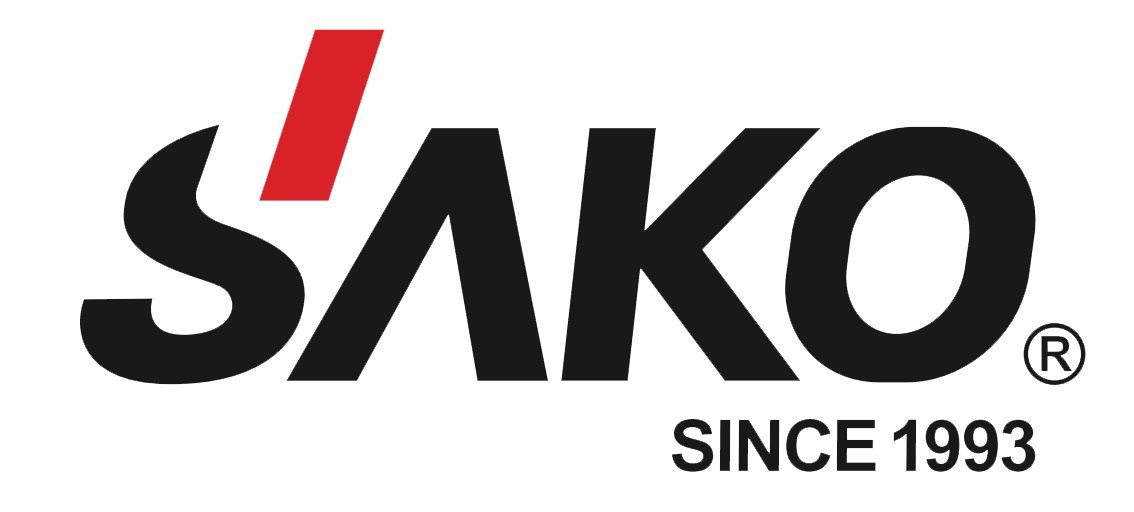Frequency converters are devices used to control the rotation speed of AC motors, which can be controlled by changing the frequency of power supply to the motor. Nowadays, with the gradual maturity of the domestic frequency converter market and the increase in external market demand, more and more foreign buyers are starting to pay attention to the quality and price of Chinese frequency converters. So what kind of certifications do foreign buyers need if they want to import frequency converters? This article will comprehensively and in detail analyze this from multiple aspects.
To focus on quality and improve the competitiveness of exporting frequency converters, foreign buyers first need to prove the quality and safety of their products through certification. The certifications for the frequency converter market mainly include the following:
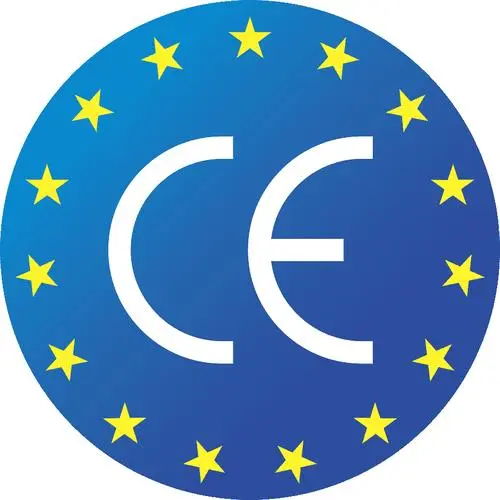
EU CE certification
CE (Conformité Européene) certification refers to a logo that the product has met European standards or relevant technical specifications when the product is circulating in the EU market. In Europe, almost all electronic products require CE certification, including frequency converters.
If you want to export frequency converters to the European market, then this product must pass CE certification. CE certification is the threshold for entering the EU market. Frequency converters that meet CE standards are considered environmentally friendly, safe, and efficient, which can promote product sales and improve market competitiveness.
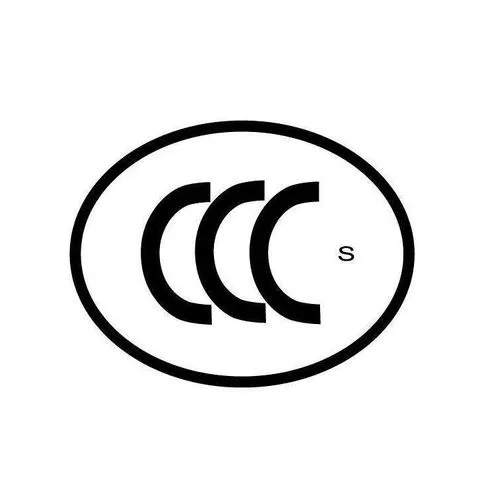
AQSIQ CCC certification
CCC (China Compulsory Certification) certification is a mandatory certification implemented by China's quality inspection department, aimed at protecting consumer rights, and is important for judging product safety and compliance. The scope of CCC certification includes many products in dozens of fields such as power, petrochemical, lighting, automotive, electronics, and instrumentation.
For exporting frequency converters, CCC certification is necessary to ensure that products comply with China's safety standards and compliance requirements. Export frequency converters that have passed CCC certification will have good market competitiveness, and frequency converters without CCC certification will not be able to enter the Chinese market.
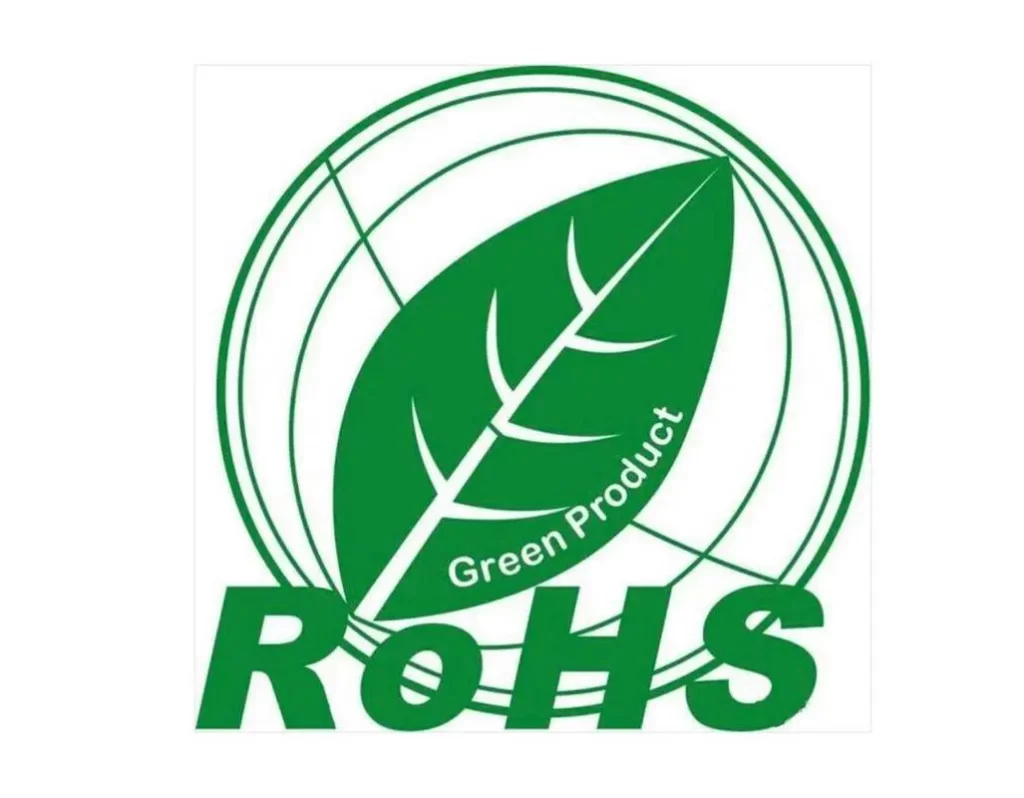
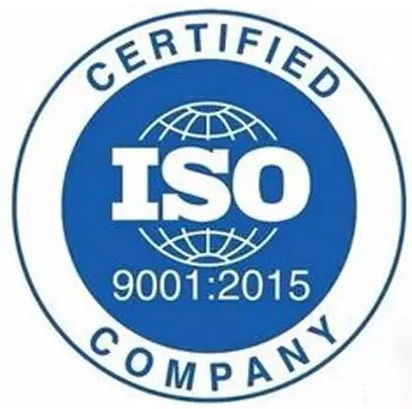
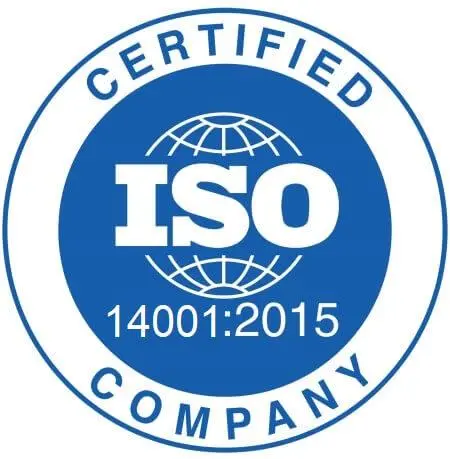
Other Certifications
In addition to the above certifications, there are many other certifications that can prove the quality and safety of exported frequency converters, such as RoHS certification, ISO9001 certification, and ISO14001 certification.
RoHS certification mainly proves whether the product contains harmful substances, ISO9001 certification mainly proves whether the enterprise's quality management system is sound and complete, and ISO14001 certification mainly proves whether the enterprise's environmental management system is in compliance with standards. These certifications are important guarantees for enterprises to further improve quality and expand markets.
In summary, certification is necessary for exporting frequency converters. Certification not only proves that the product complies with standards and regulations and improves product reliability, safety, and environmental friendliness but also helps expand the market and improve product competitiveness.
